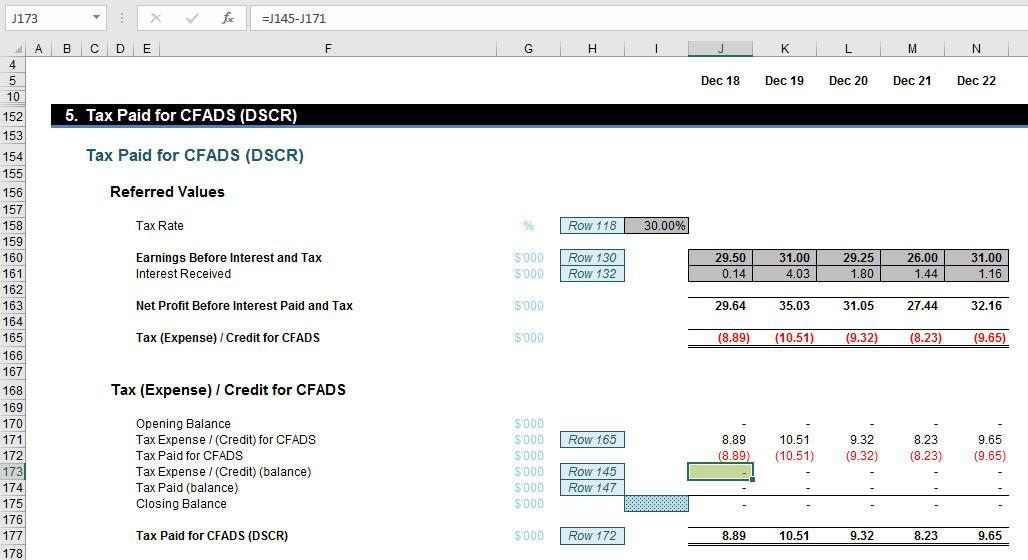
For depreciation, an accelerated depreciation method will also allocate more tax shield in earlier periods, and less in later periods. However, it is important to consider the effect of temporary differences between depreciation and capital cost allowance for tax purposes. Since tax benefits from debt payments significantly impact the cost of raising capital, it is always considered while calculating the weighted average cost of capital (WACC). Over the ten-year period, the cumulative tax savings would amount to $15,000 ($1,500 annual tax savings multiplied by ten years). This means the business would have saved $15,000 in taxes due to the depreciation tax shield.
Business Expansion and Growth
This is the prime reason why debt financing is cheaper than equity financing. Individual taxpayers can also save on interest expenses with qualified interest deductions. However, you cannot deduct all types of interest expenses as individuals.
APV vs. Discounted Cash Flow (DCF)
- The first step is to find the interest cost limits and tax rate for the tax year.
- As we can see, Company A saved $660,000 on taxes due to its interest tax shield.
- For more detailed information, consider consulting a tax professional or financial advisor.
- By comparing the above two options calculated, we concluded that the present value in the case of buying by taking a tax shield is lower than the lease option.
- The tax shield is calculated simply by multiplying the total amount of interest paid by the corporate tax rate.
- Because it is classified as a necessary business expense, all of those interest payments reduce the total amount of taxable income in the form of tax deductions.
The value of these shields depends on the effective tax rate for the corporation or individual (being subject to a higher rate increases the value of the deductions). Okay, now that you have a reasonable understanding of corporate tax and tax deductible expenses, let’s dive into the interest tax shield. For instance, individual taxpayers commonly use student loans and mortgage interest costs as tax-deductible expenses. For example, because interest payments on certain debts are a tax-deductible expense, taking on qualifying debts can act as tax shields. Tax-efficient investment strategies are cornerstones of investing for high net-worth individuals and corporations, whose annual tax bills can be very high. Yes, it can be seen as a debt subsidy because it reduces the cost of debt for companies by providing a tax benefit that lowers the effective interest rate on debt.

Interest Tax Shield for Businesses
The formula for tax shields is very simple, and it is calculated by first adding the different tax-deductible expenses and then multiplying the result by the tax rate. Understanding the concept of a tax shield can have a significant impact on your financial decision-making. It’s important to consult with a tax professional or financial advisor to understand the specific tax provisions applicable to your situation and optimize the use of tax shields effectively. By doing so, you can make informed financial decisions and potentially better secure your financial future. An interest tax shield is a tax-saving technique company uses from their debt interest payments. It is one of the tax shielding options available to businesses and is also known as a corporate tax incentive for debt.
When the debt level is fixed, Fernández suggests using the formula proposed by Modigliani and Miller. The value of tax shields is the present value of the tax shields, discounted at the required return to debt. The interest tax shield can be an effective tool for companies looking to optimise their tax bill to allow greater reinvestment for growth. Corporations will generally be the ones to utilise interest tax shields, but individuals may have this tool at their disposal as well. Now, suppose both companies operate in an economy where the corporation tax rate is equal to 20%. Interest gets paid out from a company on business loans it takes out.
Valuation of the Interest Tax Shield
These are the tax benefits derived from the creative structuring of a financial arrangement. The tax shield on interest is positive when earnings before interest and taxes, i.e., EBIT, exceed the interest payment. The value of the interest tax shield is the present value, i.e., PV of all future state income tax interest tax shields. Also, the value of a levered firm or organization exceeds the value of an equal unlevered firm or organization by the value of the interest tax shield. A tax shield will allow a taxpayer to reduce their taxable income or defer their income taxes to a time in the future.
Let us assume two companies have identical financial figures for a financial year. Company A comes with an annual interest expense of $ 3 million (Allowable) and Company B comes with zero debt. The first step is to find the interest cost limits and tax rate for the tax year.
A tax shield is a way that you can reduce the total amount of taxes owed on your federal tax return. It’s an allowable deduction that you can take from your taxable income. Tax shields can vary slightly depending on where you’re located, as some countries have different rules. For instance, a personal loan does not qualify for individual taxpayers. It is the interest tax shield benefit that lures businesses to debt financing.